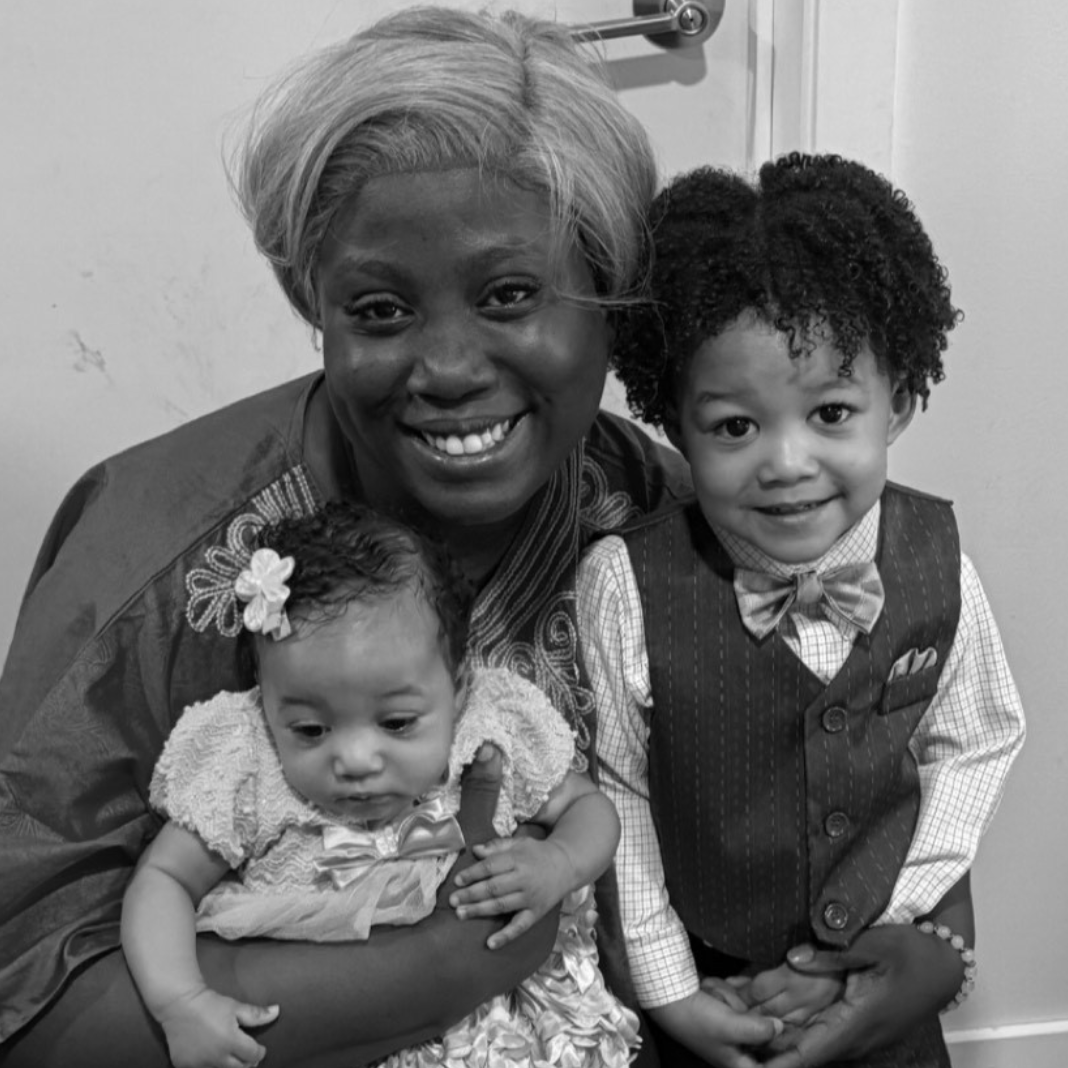
We’re doing everything we can. Don’t take away the only thing that’s helping us survive.
Since she was 17, Sam Gwesinie has relied on Medicaid to survive. Now 27, she’s a mother of two in Minnesota, managing multiple chronic health conditions while raising a young son with autism. Medicaid, she says, is what keeps her family afloat. “Medicaid is the heartbeat of my family,” Sam said. “Without it, we wouldn’t have food, we wouldn’t have housing, my baby wouldn’t be fed.”
Sam’s connection to Medicaid began during a mental health crisis in her teens. Diagnosed with bipolar 2 disorder, major depressive disorder, and psychogenic non-epileptic seizures, she enrolled in Medicaid with the help of her psychiatrist. It was the only thing standing between her and crushing medical debt. “Without it,” she said, “I’d be hundreds of thousands of dollars in debt.”
Today, that support is more critical than ever. Sam experiences seizures that have left her relearning how to walk. She also depends on $3,000 monthly injections to function. Her young son, who is autistic, attends multiple weekly therapy sessions, including applied behavior analysis and occupational therapy, covered through MA disability. “We’re doing our best to get our kid to a place where they can be a functioning member of society, and Medicaid is such a huge part of that.”
Sam’s daily life is full. She’s a mother, a full-time college student training to become a dental assistant, and a personal care assistant for families with autistic children. She’s able to do that work thanks to Medicaid’s Consumer Directed Community Supports (CDCS) program. “Without it, families would have to pay me out of pocket,” she said.
Mental health care is central to Sam’s story, and she recognizes how often it’s dismissed. “You can see a prosthetic. You can’t see what’s going on in someone’s brain,” she said. That discrepancy has real consequences. She worries what would happen if Medicaid were cut or buried in red tape. “I can’t imagine what things would be like for people like me who have these debilitating conditions, physical and mental.”
As federal budget cuts slashing Medicaid and other state assistance programs go into effect, Sam is panicked. “I cried to my mom,” she said. “It’s not because we don’t want to work. It’s not because we’re freeloaders. That’s the misconception.”
For Sam, Medicaid is what allows her to study, work, and care for her children. If it were taken away, everything would unravel. “I wouldn’t be able to get out of bed,” she said.
Her message to lawmakers is simple: “We’re doing everything we can. Don’t take away the only thing that’s helping us survive.”
Add your voice to help us continue to push for the best health and health care for all.
SHARE YOUR STORY